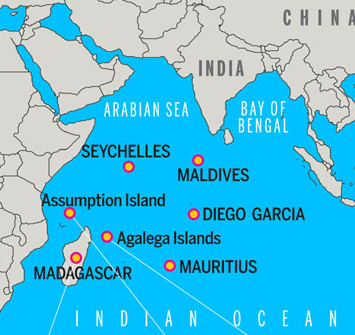7667766266
enquiry@shankarias.in
Assumption Island - Seychelles

Human Papilloma Virus (HPV)
Objectionable Content
Pulse Polio Immunisation (PPI)
Universal Immunization Programme
Indian Cyber Crime Coordination Centre (I4C)
Source: PIB, The Hindu